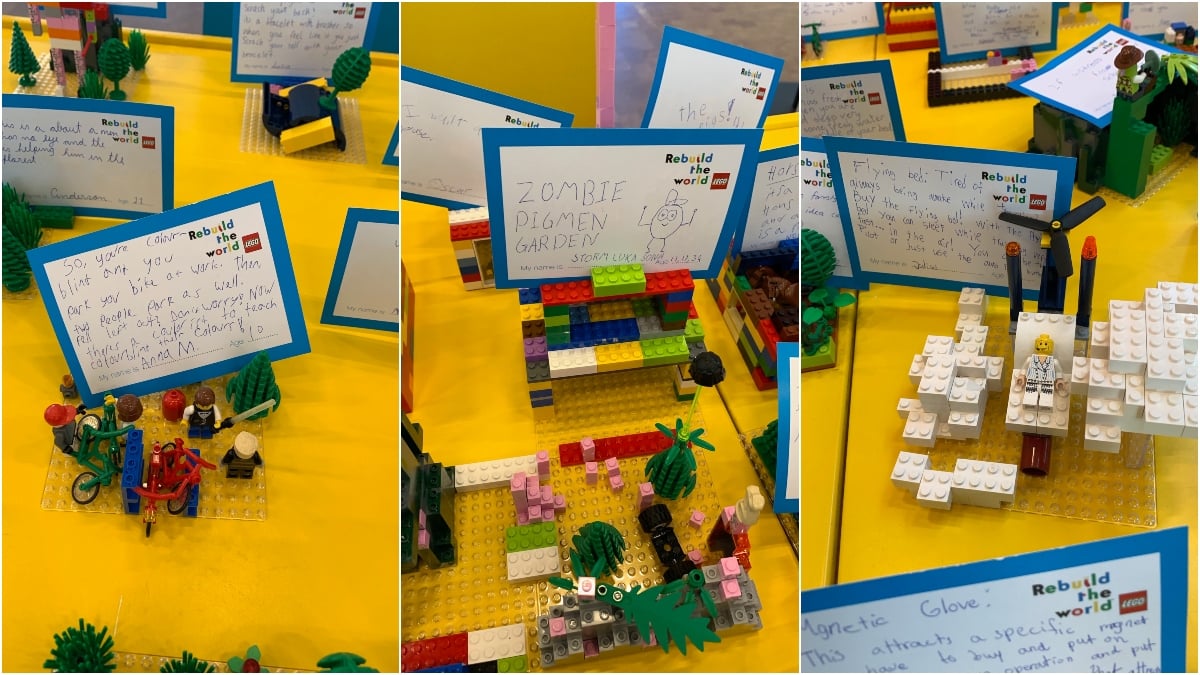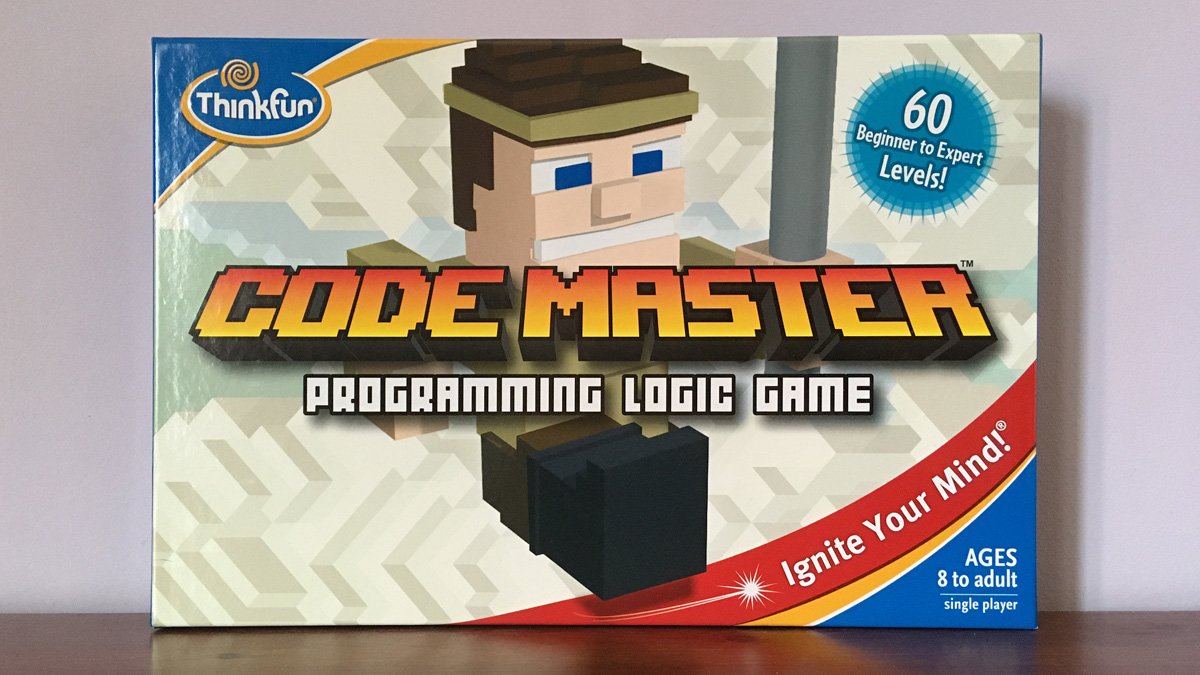Kids love LEGO. Let’s be honest. Also, a lot of kids are home from school right now with parents who need to work remotely at the same time. Finding ways to (quietly) entertain kids is probably going to be difficult for a lot of us. So, with that in mind, when I came up with the idea based on my own kid’s recent “I wanted to do it, so I built it” intensity, I thought, “why not try to come up with a daily challenge while we’re all home?” Basically, if I have to write it up for myself and my kiddo, I then decided, “Well, I might as well share them on GeekMom so that if other parents want to use them, they can.” Using the show LEGO Masters , my previous interactions with LEGO Education, and what I know my kid learns in school as my inspiration, I designed this LEGO MiniMasters post series.
See previous MiniMasters posts:
LEGO MiniMasters 1: Ecosystem
LEGO MiniMasters 2: Community
LEGO MiniMasters 3: Estimation Station
What is area?
If you need some resources, I found elementary level and middle/high school level sources so that you can refresh your kids’ memories or give them the definitions necessary.
This School Run post gives a great explanation with visuals for younger kids.
This Khan Academy “Perimeter and Area” lesson is pretty fantastic for middle schoolers and up if they need a refresher course.
The super cool thing about using LEGO systems for this challenge is that you can teach the concept of area to younger kids by having them count the number of pegs in the arena or the number of a certain sized brick that would fit, such as 4 pegs by 4 pegs.
You can take the suggested “measurements” and adjust according to skill level.
Design an Area Arena: Directions for Kids
With this challenge, you need to design an arena out of bricks and minifigures.
An arena is a place where people go to see sports or concerts. Think about football (US or European!) stadiums or baseball stadiums.
You need to tell a story about the space station such as why it was created or what it does in space – the story is only limited by your imagination!
Planning Phase for Designing an Area Arena
The first 30 -40 minutes should be your planning phase.
Think about all the things you want in your arena. Including:
- Shape
- Size
- Things you think need to be inside and outside the arena to tell your story
- Types of bricks you need
- Characters
Building Phase for the Area Arena
This can take as long as you would like. We suggest 40-80 minutes depending on age and complexity of the arena.
Your build should include:
- The characters who are in the arena
- The things the characters need in the arena
- The arena itself
- Anything outside the arena that you wanted to include as part of your planning phase
Completing the Area Arena Challenge
Once you finish your Area Arena, find the area of the space. Make sure to write down all your work and double-check it.
Just because there’s math doesn’t mean that you should make something simple. Challenge yourself because both accuracy and challenging yourself are part of the judging!
Parent Judging Criteria
Creativity/originality:
- Does this look personalized or like a picture your child has seen?
- What makes this space station “yours”?
- Where is it located?
- How is the inside and outside of the space station decorated?
Design:
- Visual
- How did you use the colors?
- How do the colors support the story?
- Does it have unique shapes?
- Construction
- Was it sturdy enough to make it from the build location to the judging location?
- Were there any unique construction methods used? (Think, shape of buildings, layout – anything that looks like the construction is creative)
- Height: the taller the structures on the build, the more the child has to plan
Area Arena elements:
- How did the child find the area?
- Was the math correct?
- Did the child make the build too simple so the math would be easy (age appropriateness incorporated into parental judging decisions of course) or did the child challenge themselves?
Storytelling:
- How much of the story can the judge see on their own?
- What is the level of detail
- If minifigures are used, are they “showing” part of the story by how they’re posed?
- Are there interactions between the different elements?
If you’d like to share your child’s builds in the comments – please do! We’d love to see them!


